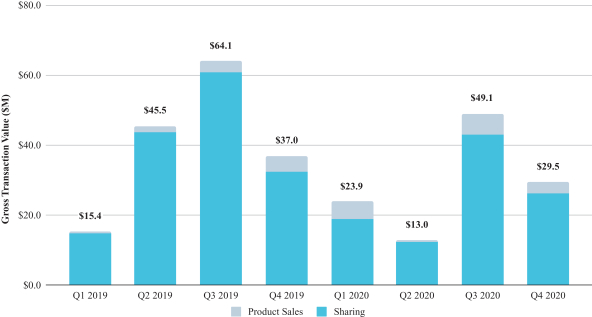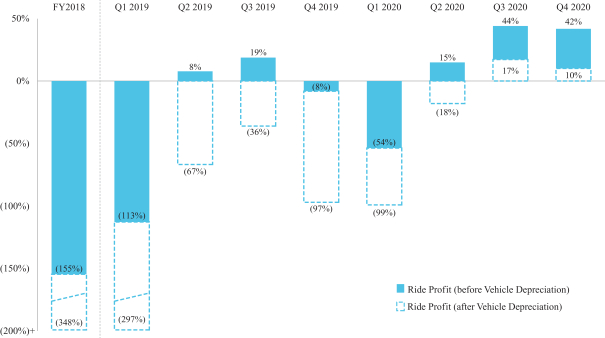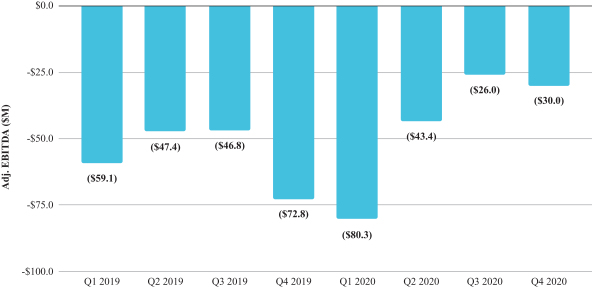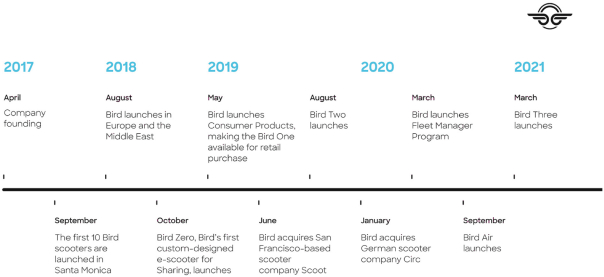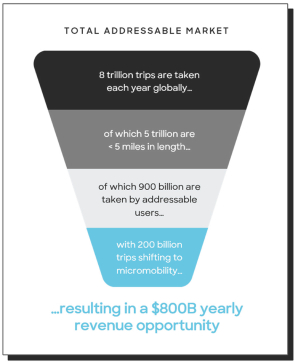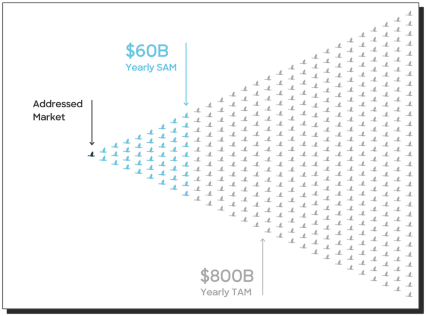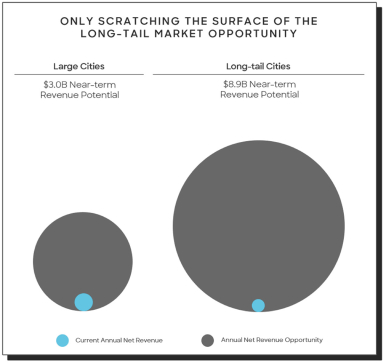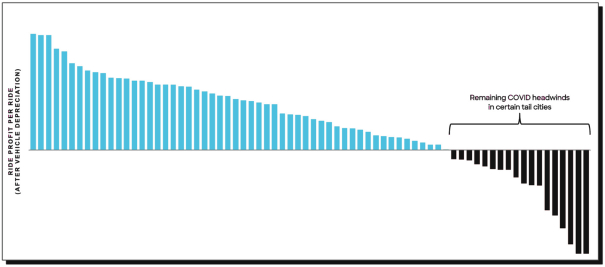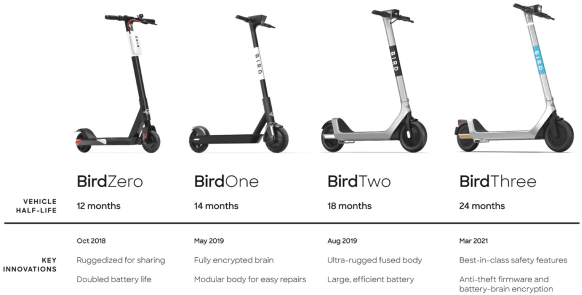“Exchange Act” means the Securities Exchange Act of 1934.
“Exchange Ratio” means the following ratio (rounded to ten decimal places): (i) the Company Merger Shares divided
by (ii) the Company Outstanding Shares.
“Governmental Order” means any ruling, order, judgment,
injunction, edict, decree, writ, stipulation, determination or award, in each case, entered by or with any Governmental Authority.
“Hazardous Substance(s)” means (i) those substances defined in or regulated under the following United States
federal statutes and their state counterparts, as each may be amended from time to time, and all regulations thereunder: the Hazardous Materials Transportation Act, the Resource Conservation and Recovery Act, the Comprehensive Environmental
Response, Compensation and Liability Act, the Clean Water Act, the Safe Drinking Water Act, the Atomic Energy Act, the Federal Insecticide, Fungicide, and Rodenticide Act and the Clean Air Act, (ii) petroleum and petroleum products, including crude
oil and any fractions thereof, (iii) polychlorinated biphenyls, per- and polyfluoroalkyl substances, asbestos and radon, and (iv) any substance, material or waste regulated by any Governmental
Authority pursuant to any Environmental Law.
“Holdings Organizational Documents” means the certificate of
incorporation and bylaws of Holdings, as amended, modified or supplemented from time to time.
“HSR Act” means the
Hart-Scott-Rodino Antitrust Improvements Act of 1976, as amended.
“Intellectual Property” means (i) patents,
patent applications and patent disclosures, together with all reissues, continuations, continuations-in-part, divisionals, revisions, extensions or reexaminations
thereof, (ii) trademarks and service marks, trade dress, logos, trade names, corporate names, brands, slogans, and other source identifiers together with all translations, adaptations, derivations, combinations and other variants of the
foregoing, and all applications, registrations, and renewals in connection therewith, together with all of the goodwill associated with the foregoing, (iii) copyrights, and other works of authorship (whether or not copyrightable), and moral
rights, and registrations and applications for registration, renewals and extensions thereof, (iv) trade secrets, know-how (including ideas, formulas, compositions and inventions (whether or not
patentable or reduced to practice)), and database rights, (v) Internet domain names and social media accounts, (vi) all other intellectual property or proprietary rights of any kind or description, and (vii) copies and tangible
embodiments of any of the foregoing, in whatever form or medium.
“Investors’ Rights Agreement” means that
certain Amended and Restated Investors’ Rights Agreement, dated January 26, 2021, by and among the Company and the parties named therein.
“Key Company Stockholders” means the persons and entities listed on Schedule B.
“knowledge” or “to the knowledge” of a person means in the case of the Company, the actual
knowledge of each persons listed on Schedule A after reasonable inquiry of the individuals with operational responsibility in the functional area of such person, and in the case of SPAC, the actual knowledge of Scott
McNeill and Jim Mutrie after reasonable inquiry.
“Law” means any federal, national, state, county, municipal,
provincial, local, foreign or multinational, statute, constitution, common law, ordinance, code, decree, order, judgment, rule, regulation, ruling or requirement issued, enacted, adopted, promulgated, implemented or otherwise put into effect by or
under the authority of any Governmental Authority.
“Leased Real Property” means the real property leased by the
Company or Company Subsidiaries as tenant, together with, to the extent leased by the Company or Company Subsidiaries, all buildings and other structures, facilities or improvements located thereon and all easements, licenses, rights and
appurtenances of the Company or Company Subsidiaries relating to the foregoing.
A-9
